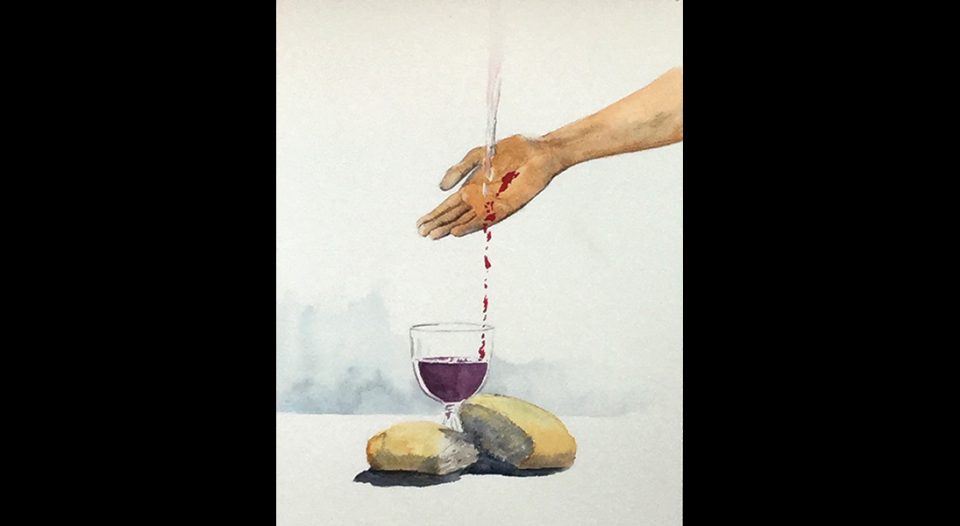Editor’s note: As Lutherans, grace is at the heart of our faith understanding. But what does it look like to actually live out grace? In this series, we explore what grace means and what it looks like to tangibly experience grace in action.
As a young girl, I memorized this definition of grace: “a free gift I do not deserve.” There are lots of things I’d like to say to that little girl now, but near the top is this: “you are so loved.” It was easy for me to get love and grace all bound up together. I often say that I went to the sort of churches as a kid where we believed we were saved by grace but should still work hard at salvation, just in case. My problems with grace all go back to that definition—when we focus on ourselves (what we do and don’t deserve) rather than on God, we naturally start trying to earn grace and worry that we can’t.
The definition followed me into adulthood, where it was manifested in all sorts of ways. One of the biggest was this: I had no idea how to give myself grace. I loved the idea of being gracious to other people (though I wasn’t always great at it). I preferred to be on the receiving end of any apology; I hated being wrong. When I was, I would spend hours, days, years beating myself up over my actions, unable to let them go.
When I had my first brushes with depression as a young adult, I was hard on myself. My therapist once suggested that it was OK if all I did in a day was breathe. She wondered aloud what it would look like for me to allow myself to not always be productive. When I’d get especially hard on myself, a friend would text, “Treat yourself the way you would treat me. Speak to yourself the way you’d speak to me.”
Day by day, I’m learning that though we are not deserving, we were created not to deserve grace but to inhabit it.
Still, I have a hard time letting go of a lifetime of feeling undeserving and trying to fix that. I have a hard time focusing on the all-encompassing love of God when I’ve been ignoring it, in all its improbability, for so long.
My progress has been slow. As with any gift, you don’t have to accept grace. Even if you accept it, you can treat it like something that isn’t meant to be used; you can choose never to unwrap it, keeping it on a high shelf in your closet. If you do that, you will never find out just how durable it is, or how delightful. It won’t ever become part of your life if you don’t open it.
For me, accepting grace has involved changing the way I talk to myself. I am kinder; I give myself the benefit of the doubt. I tell myself that it is good to rest when I am tired and to listen to what I need and want, and try to meet those needs and desires. I tell myself that life is not about how productive I am or how much money I make. I tell myself that the fate of the world does not rest on my shoulders. I tell myself that I am doing the best I can and will try again tomorrow. I tell myself that it is OK to feel every one of my feelings. I need to hear all these things.
It is perhaps not shocking that this grace I’m learning to give myself has begun to spill over: Not only do I give grace to others more easily, I’m also learning to receive it better. I don’t beat myself up for not completing every task perfectly. I don’t freak out if I’m five minutes late.
It is, of course, technically true that none of us deserves grace. I’m sure that definition I memorized was meant to invite me to be grateful. But day by day, I’m learning that though we are not deserving, we were created not to deserve grace but to inhabit it. Grace is our water, our air. Being given something so wonderful and abundant and unearnable is exactly the point.




